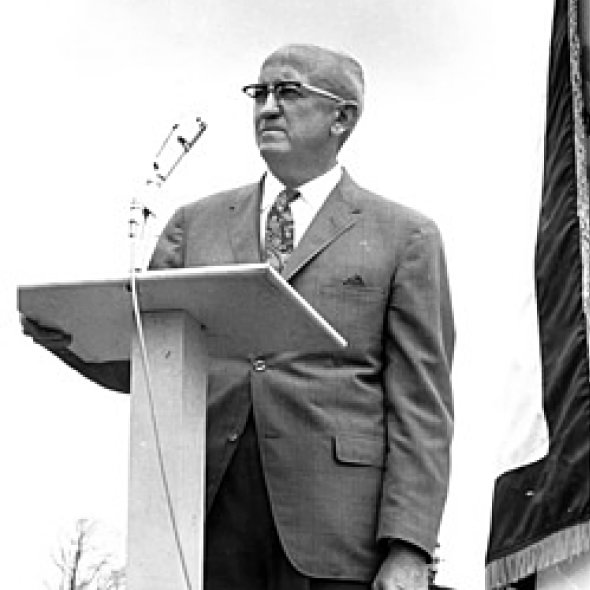In his interview, Brad provided this advice to West Virginia, “Our topography broke the backs of pioneers, but not the people who settled here. We learned how to overcome adversity, but we have to become a different version of ourselves if we’re going to take our place in the future.” “Our schools and universities must focus on STEAM – science, technology, engineering and mathematics, and add an A for arts.” He offered this advice to students, “First, be true to yourself and focus on being the best you can be. Second, always speak the truth as you know it. If you have a point of view, don’t be afraid to share it. Third, stay focused on the outcome. Often success comes down to who’s willing to sign up for the hardest, gnarliest task and get results. And fourth, preserve the relationships around you. Life is a team sport.”
Brad consistently gives back to the house that built him through supporting charitable initiatives in West Virginia. Brad and his wife Alys have done so as co-founders of the Wing to Wing Foundation, which provides opportunities to Appalachian entrepreneurs to unleash their potential. Additionally, the two have launched the Brad and Alys Smith Outdoor Economic Development Collaborative (OEDC) and its remote workers program, Ascend WV.










